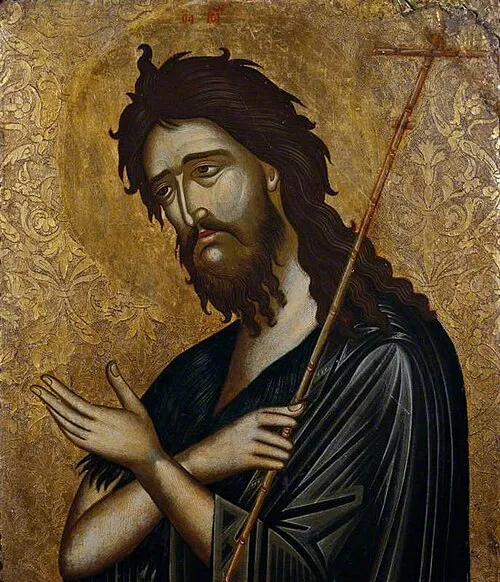
Anastasius of Suppentonia: A Glorious Figure of Roman Catholicism
Anastasius of Suppentonia, a revered figure in Roman Catholic traditions, is known for his profound faith and contributions to the early Church. His life is a testament to the unwavering spirit of devotion and dedication to the Christian faith.
Early Life
Though details of his early life are scarce, it is believed that Anastasius was born around the 7th century in Suppentonia, a region that was known for its rich Christian heritage. His early years were marked by a fervent commitment to God, leading him to pursue a life devoted to religious service.
Spiritual Journey
Anastasius began his spiritual journey as a monk, dedicating himself to prayer, meditation, and acts of charity. His deep understanding of scripture and spirituality made him a respected figure among his peers. He eventually became a leader within his monastic community, guiding others in their faith and encouraging them to live lives of virtue.
Contributions to the Church
Throughout his life, Anastasius played a crucial role in the development of the early Church. His teachings emphasized the importance of community and the need for compassion among believers. He often preached about the significance of service to the less fortunate, which resonated deeply within the communities he served.
Anastasius is also credited with contributing to various liturgical practices that enriched the worship experience of the faithful. His insights into the nature of the sacraments and the Eucharist helped to shape the evolving theological landscape of the Roman Catholic Church.
Legacy
Anastasius of Suppentonia's life continues to inspire many within the Roman Catholic tradition. His commitment to faith and service is celebrated through various local feasts and prayers dedicated to him. Churches often honor his memory by emphasizing the values of charity and humility that he championed throughout his life.
Canonization and Recognition
Though Anastasius was never formally canonized by the Church, he is recognized as a saint in various local traditions, particularly in regions influenced by his teachings. His feast day is celebrated on the anniversary of his death, where many gather to reflect on his life and the enduring impact of his work.
Conclusion
In conclusion, Anastasius of Suppentonia stands as a beacon of faith, hope, and charity in the Roman Catholic Church. His life encourages modern believers to emulate his virtues and engage more deeply with their faith and community. As one reflects on his legacy, it is clear that Anastasius' contributions resonate through the ages, reminding us of the power of living a life dedicated to God and service to others.






